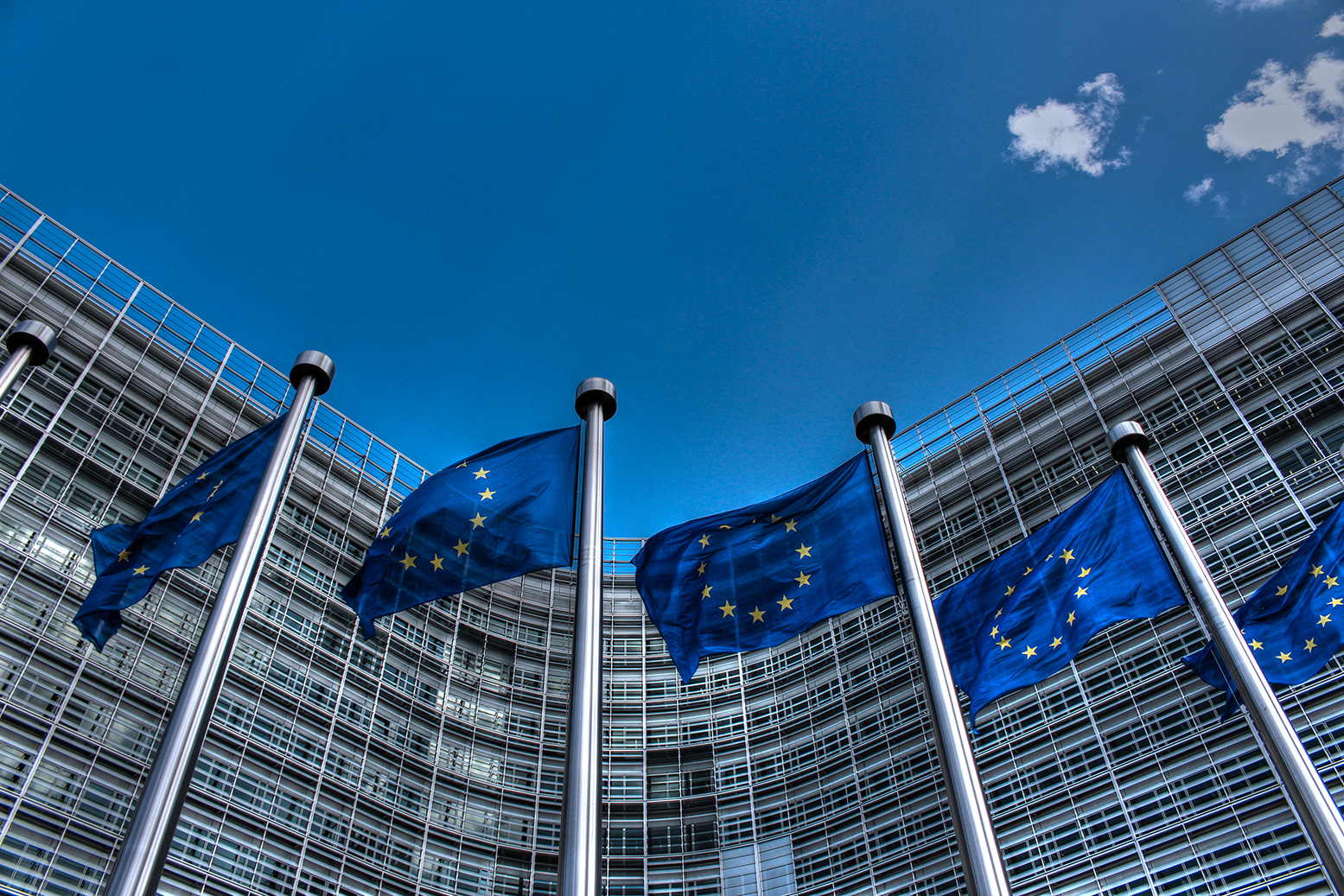Already a subscriber? Make sure to log into your account before viewing this content. You can access your account by hitting the “login” button on the top right corner. Still unable to see the content after signing in? Make sure your card on file is up-to-date.
The European Union has officially proposed a shitload of new sanctions targeting Russia + Chinese and Indian entities accused of aiding Putin’s war effort in Ukraine.
Some shit you should know before you dig in: Last week President Trump called on the European Union and NATO allies to take significantly stronger action to pressure Russia and its trading partners (specifically China and India) to force an end to the war in Ukraine. Trump says that Russia’s ability to continue funding its military operations hinges largely on the sale of oil to EU countries and to China and India (transactions that he claims are directly fueling Putin’s war machine). Trump has also argued that if NATO members collectively stop buying Russian oil and impose unified, aggressive trade penalties on China and India for supporting Russian energy exports, Putin would face an economic collapse severe enough to end his war effort.

What’s going on now: In a notable development, the EU officially proposed its 19th sanctions package targeting Russia and, for the first time, third-country enablers such as Chinese and Indian entities accused of supporting Moscow’s war effort. Announced by European Commission President Ursula von der Leyen, the package includes measures to further cut off Russia’s access to global markets, technologies, and revenue streams. The Commission is seeking to impose transaction bans and asset freezes on a range of companies (including 12 Chinese and 3 Indian firms) involved in trading Russian oil or supplying materials that feed into Russia’s military-industrial base. Two Chinese companies are already set to face immediate transaction bans, and EU diplomats have indicated more entities may be added as negotiations proceed.
The proposed sanctions include a phased plan to end all EU imports of Russian liquefied natural gas (LNG) by 2027, a significant move given that the EU currently accounts for about half of Russia’s LNG exports. EU foreign policy chief Kaja Kallas underscored the strategic intent of the package, saying it’s designed to “stop the flow of money” that fuels the Kremlin’s war. However, the package remains a proposal and must receive unanimous approval from all 27 EU member states, a process that may face resistance from countries like Hungary and Slovakia, which have historically opposed aggressive energy-related measures.
Alongside these measures, the EU is also tightening its export controls to block the flow of critical materials such as chemicals, metal components, rare earths, and dual-use technologies like AI and geospatial systems that could be repurposed for battlefield use. The package also targets an additional 118 vessels in Russia’s shadow fleet of oil tankers, bringing the total to more than 560, and places full transaction bans on major Russian energy firms Rosneft and Gazprom Neft.
This all comes as China is pushing back strongly against the EU’s proposed sanctions, denying that it provides any active support to Russia’s military or helps Moscow circumvent international restrictions. Chinese officials have expressed frustration with the EU’s move to target Chinese companies, warning that such actions risk escalating tensions and damaging already-strained diplomatic and trade relations.
During recent closed-door meetings in Brussels, Chinese diplomats urged EU leaders to reconsider the blacklisting of additional Chinese firms, while Foreign Minister Wang Yi previously warned that China would respond forcefully if the sanctions moved forward.







